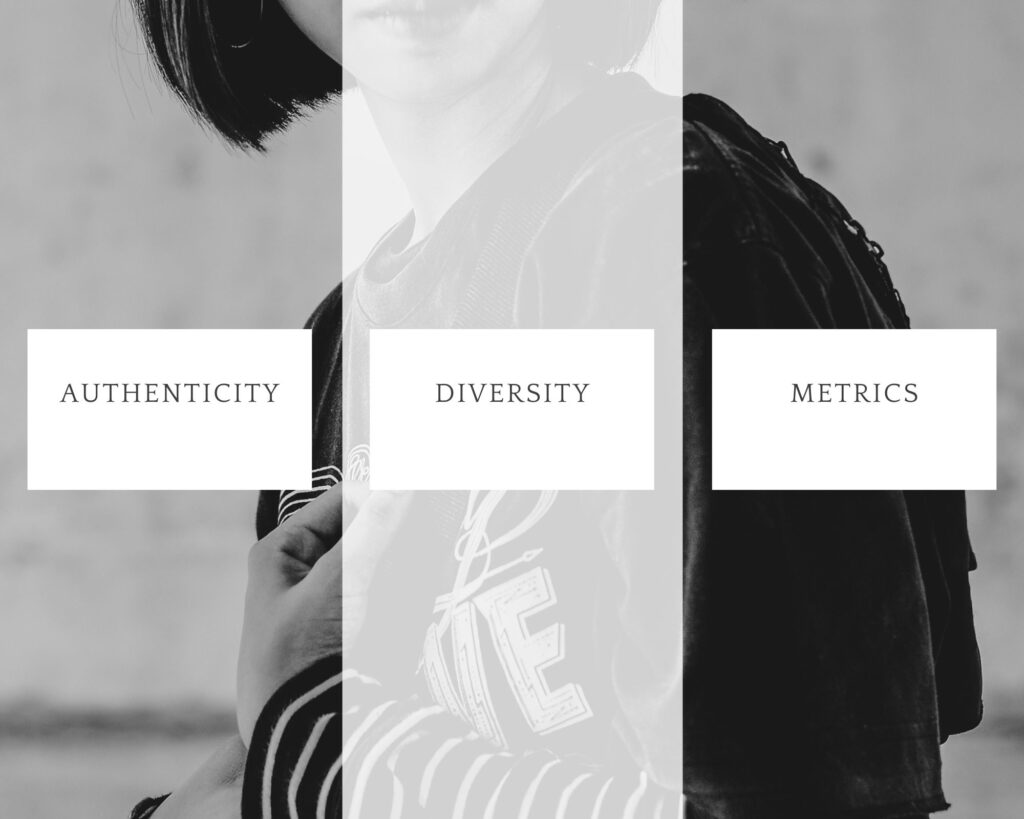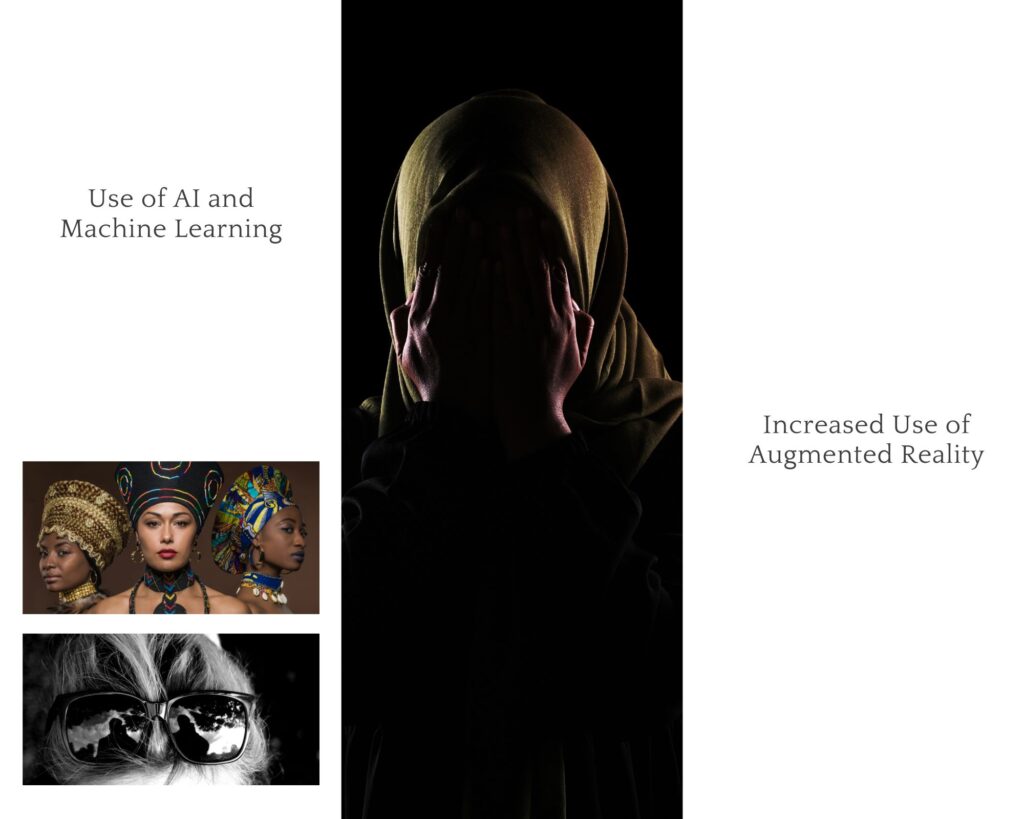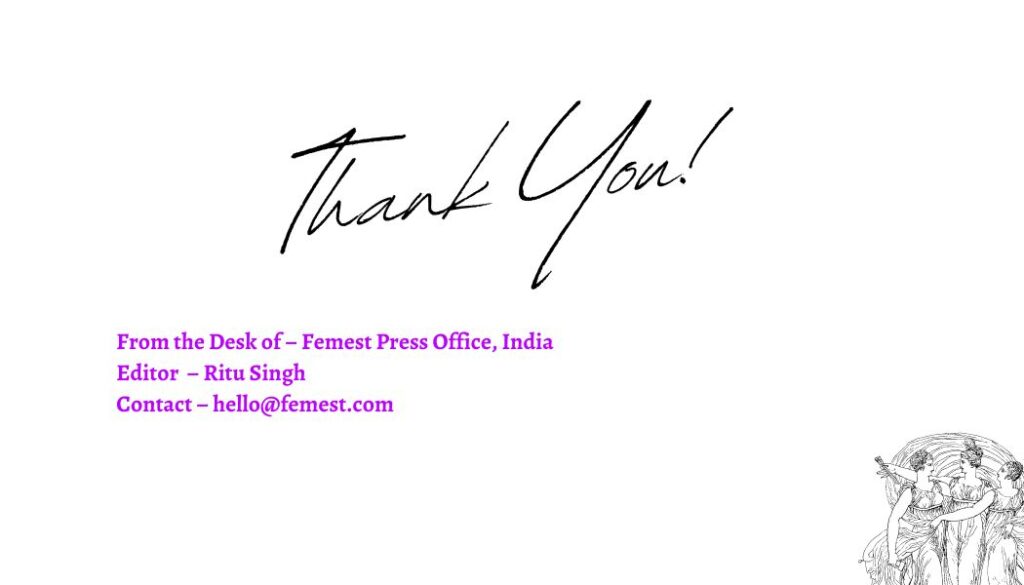As the luxury market continues to evolve, brands are looking for new ways to connect with consumers and drive sales.
One of the most effective strategies in recent years has been influencer marketing. Influencer marketing involves partnering with social media influencers to promote products and services to their followers.
Here are some predictions by our team at Femest – For how influencer marketing will play a role in luxury brands by 2023
Increased Importance of Micro-Influencers
In the past, luxury brands have focused on partnering with macro-influencers with large followings. However, as consumers become warier of sponsored content, micro-influencers – those with smaller followings but highly engaged audiences – will become more critical.
These influencers often have more niche audiences, which can be a valuable way for luxury brands to reach specific demographics.
Authenticity Will Be Key
Consumers are becoming increasingly wary of sponsored content and looking for influencers’ authenticity. Luxury brands must work with influencers who align with their brand values and can create content that feels genuine and authentic. Influencers genuinely passionate about luxury brands will become more valuable than those looking to make a quick buck.
Long-Term Partnerships
In the past, influencer campaigns were often one-off partnerships. However, luxury brands realize the value of long-term partnerships with influencers.
By building relationships with influencers over time, brands can create more authentic content and drive greater brand loyalty among followers.
Greater Focus on Video Content
Video content is becoming increasingly important in influencer marketing. Luxury brands must work with influencers skilled at creating high-quality video content that showcases their products.
Influencers and content creators with experience with platforms like YouTube and TikTok will be particularly valuable.

Increased Use of Augmented Reality
Augmented reality (AR) technology is becoming more sophisticated, and luxury brands will increasingly use it to create immersive consumer shopping experiences.
Creators will play a key role in promoting these AR experiences to their followers and showcasing the unique features of luxury brands.
More Diverse Influencer Marketing Campaigns
Luxury brands must focus on diversity and inclusivity in their influencer marketing campaigns.
Partnering with influencers who represent various ethnicities, genders, and body types. Brands that fail to embrace diversity risk being seen as out of touch with modern consumers.
Greater Emphasis on Metrics
As influencer marketing becomes more sophisticated, luxury brands will need to focus on measuring the effectiveness of their campaigns. Tracking metrics like engagement rates, conversion rates, and return on investment (ROI) to ensure a strong return on their investment.

Use of AI and Machine Learning
As the amount of data generated by influencer campaigns grows, luxury brands will increasingly turn to AI and machine learning to analyze this data and optimize their campaigns.
Brands will be able to understand their target audience better and create more effective campaigns that resonate with consumers.
Emphasis on Sustainability
Sustainability is becoming an increasingly important issue for luxury brands and their consumers. Influencers who promote sustainability and eco-friendly practices will become more valuable to luxury brands as these values become more important to consumers.
Continued Growth of Influencer Marketing
Influencer marketing will continue to be a powerful tool for luxury brands in the coming years.
As consumers increasingly turn to social media for shopping inspiration, luxury brands must work with influencers to create engaging, authentic content that resonates with their followers.
By embracing these trends and staying ahead of the curve, luxury brands can continue to drive sales and connect with consumers in new and innovative ways.

